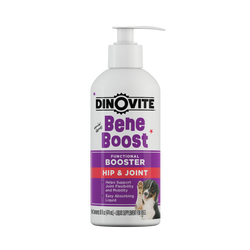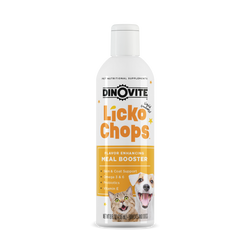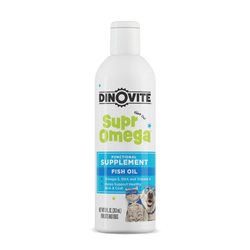Senior Dog Supplements for Common Health Issues

Aging dogs can experience a variety of health problems and challenges as they grow older. To ensure your senior dog’s well-being, it’s crucial to provide them with regular veterinary check-ups, a balanced diet, appropriate exercise, and a comfortable living environment. Here are some common issues older dogs may face and senior dog supplements that can help support them:
Arthritis: Arthritis is a common issue in older dogs. It can cause joint pain and stiffness, which may make it difficult for dogs to move comfortably. You might notice your senior dog limping, having difficulty getting up, or avoiding stairs they’ve used in the past. Hip and joint supplements can help offer relief for occasional joint stiffness as it includes ingredients that help support joint flexibility and mobility and help maintain healthy bone and joint function.
Skin and Coat Problems: Skin issues, such as dryness and hair loss, can become more common in aging dogs. Fish oil or salmon oil are great options as they contain nutrients like omega fatty acids to help support your senior dog’s skin and coat.
Digestive Issues: Older dogs may be more prone to gastrointestinal problems, such as constipation, diarrhea, or food sensitivities. Adding a probiotic supplement to a senior dog’s routine can help restore a healthy balance of good gut bacteria and aid in digestion.
Dental Problems: Dental issues can become more pronounced in aging dogs, including gum disease, tooth decay, and tooth loss. These problems can lead to pain and difficulty eating. It’s important to keep up with your dog’s oral health as soon as possible and dental products can make this process simple.
Early detection and management of health issues can help improve your dog’s quality of life in their later years. Your vet can offer guidance on how to best care for your aging canine companion and address any specific concerns you may have.
*All information on this website is for educational purposes only and is not intended to replace the expert advice of a veterinarian or veterinary practitioner.
Related Products



